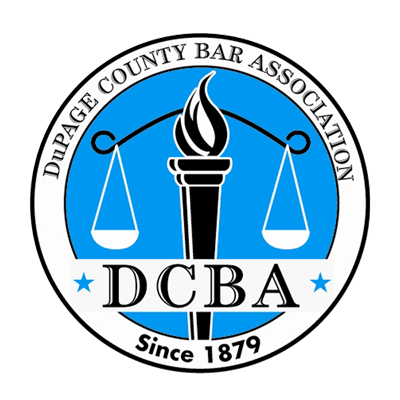
In 2018, about 20% of Illinois’ more than 300,000 car accidents involved an injury. The average car weighs more than 4000 pounds, which is a lot of metal to contend with. Injuries resulting from car accidents can vary in severity, however, some common serious injuries require extensive care. Some of the more severe include amputation or loss of limbs, traumatic brain injuries, and spinal cord injuries. If your spouse suffers one of the more serious injuries, there’s a lot to consider as you take care of them.
Taking Time To Care For Your Spouse
While some employers may offer you paid leave to care for your spouse, many employers do not provide this benefit. However, you may qualify for benefits under the Family Medical Leave Act (FMLA), which requires employers to provide up to 12 weeks of unpaid leave “to care for the employee’s spouse, son, daughter or parent, who has
a serious health condition.” This leave protects your job security, however, it does not provide any sort of financial support unless you have banked paid leave that you can use instead of, or in addition to, unpaid leave time. Your Human Resources department should be able to assist you with FMLA and whether or not you qualify for it.
Right now, Illinois state legislature is working on HB9, the Paid Family Leave Act, a bill which would require private employers who have 50 or more employees to provide 6 weeks of paid leave time for an employee who leaves for one of three specific situations. The third reason reads, “to care for a family member with a serious health condition. Provides that paid family leave shall be provided irrespective of the employer’s leave policies; and shall be provided to an employee who has been employed by the employer for at least one year.” Representative Mary E. Flowers sponsored the bill in November 2018, and the most recent update states that it’s been re-referred to the Rules Committee (as of June 2020).
Taking Care of Yourself
Although it might seem like there’s no time to take care of yourself, between medical appointments and caregiving, it’s essential that you also tend to your own wellness. Caregiver stress and burnout impact adults across the United States. When your spouse has a serious injury, it can shift the dynamics in your relationship, and your spouse may not be able to provide the emotional support for you that they have in the past. There are a few ways you can manage this stress.
- Accept help from others: Asking for what you need and allowing others in your community to support you and your spouse can be a huge challenge. It can make all the difference, though. Let your friend bring your family (or order) takeout. Allow your neighbor to cut your grass for you. Caregiving for a spouse with a serious injury post-car crash takes a lot of time and energy. You don’t have to do it all alone.
- Find a support group: Connecting with other adults who are facing similar situations can be incredibly affirming. A support group offers a place where you can vent and where you can be in a community with folks who share the same experiences and challenges.
- Make and keep your own medical appointments: Make sure to take care of your own medical health. It can be easy to allow this to slip to the wayside, however, it’s critical not to ignore it.
- Focus on what you are able to provide: There will be some things that you can’t provide your spouse during this emotionally and physically challenging time. Pay attention to what you can do. Know your own limits and honor them.
What About Restitution?
If your spouse files a personal injury claim, you may be able to file a consortium claim. A consortium claim has four main components, usually: loss of wages, home services, loss of comfort and society, and loss of intimacy. An experienced personal injury lawyer will be able to advise you about the potential for a consortium claim.
If your spouse was seriously injured in a car accident, the attorneys at Cullotta Bravo Law Group are here to help you navigate the challenges of investigating and filing a claim. We only collect a fee when we resolve your case, either via settlement or trial. Call us today at 630-898-7800 or contact us through our website.





